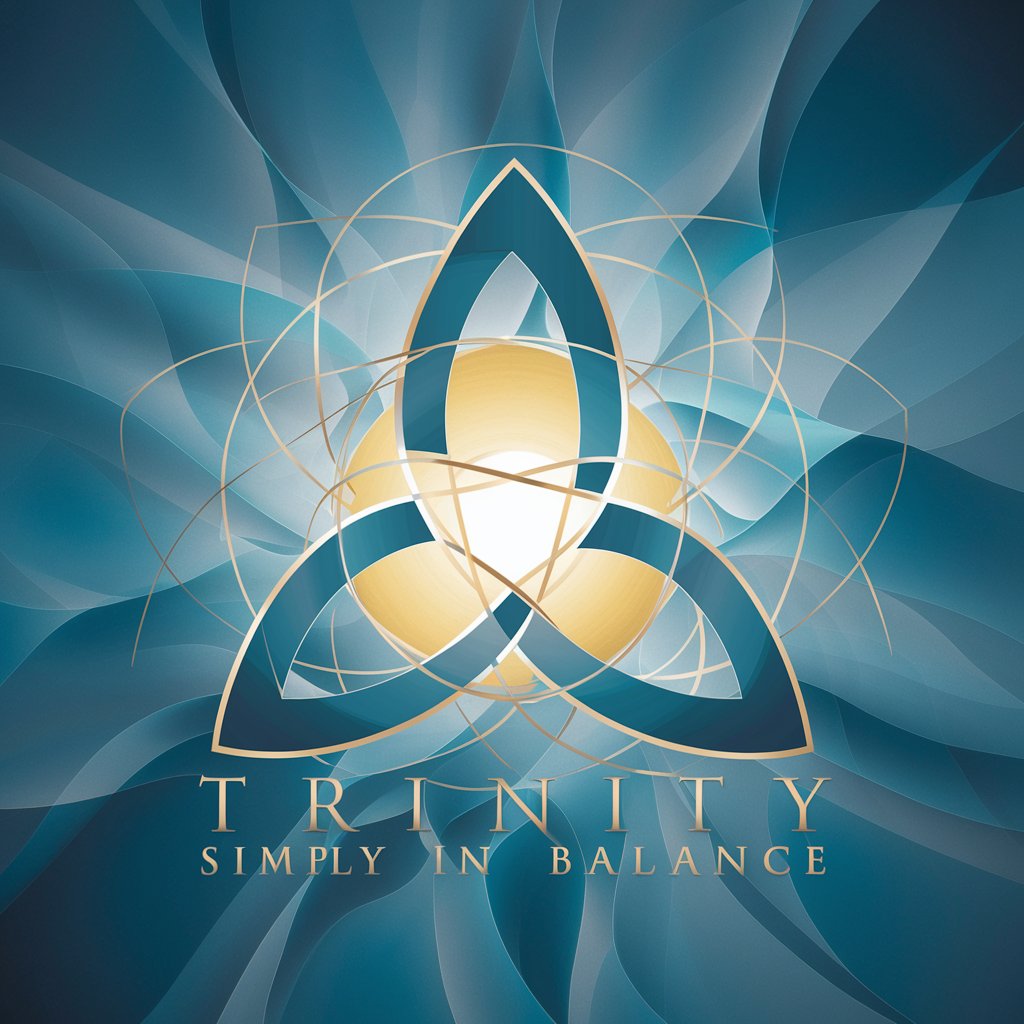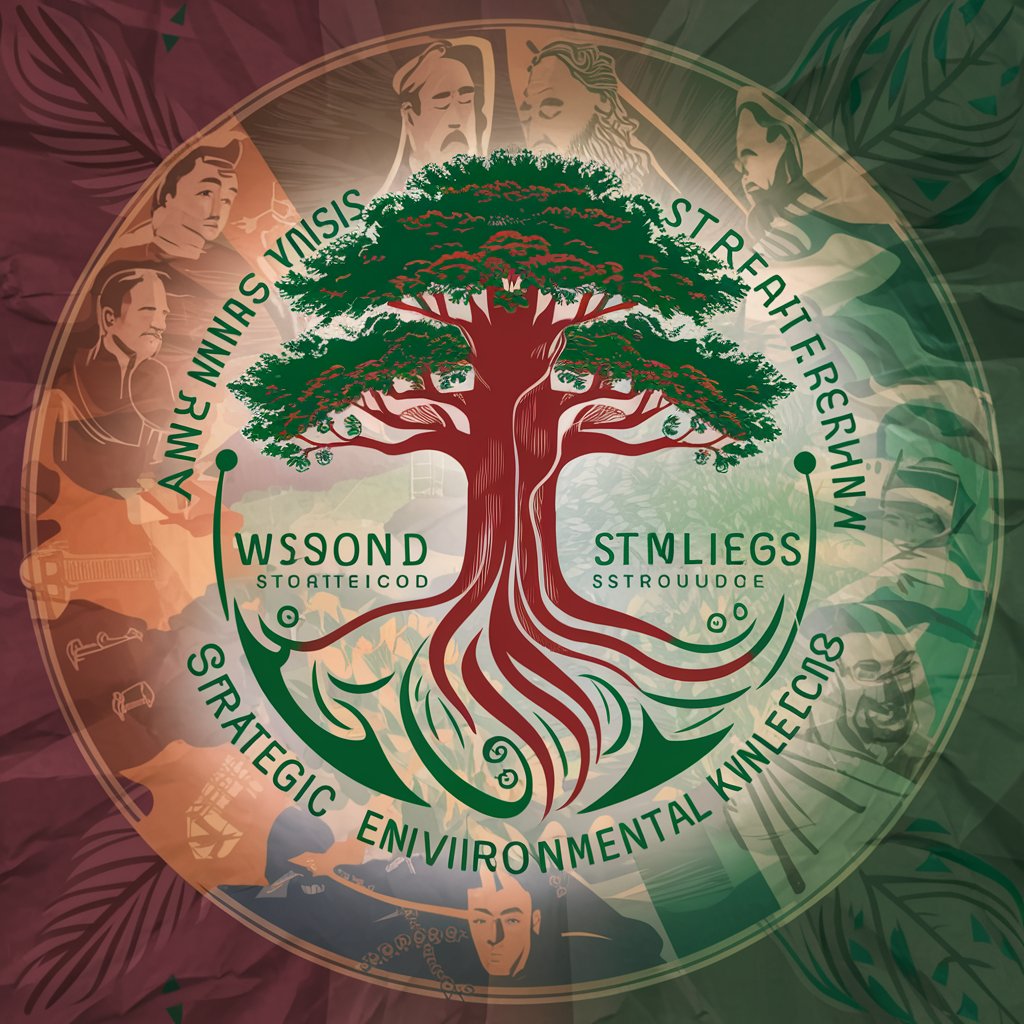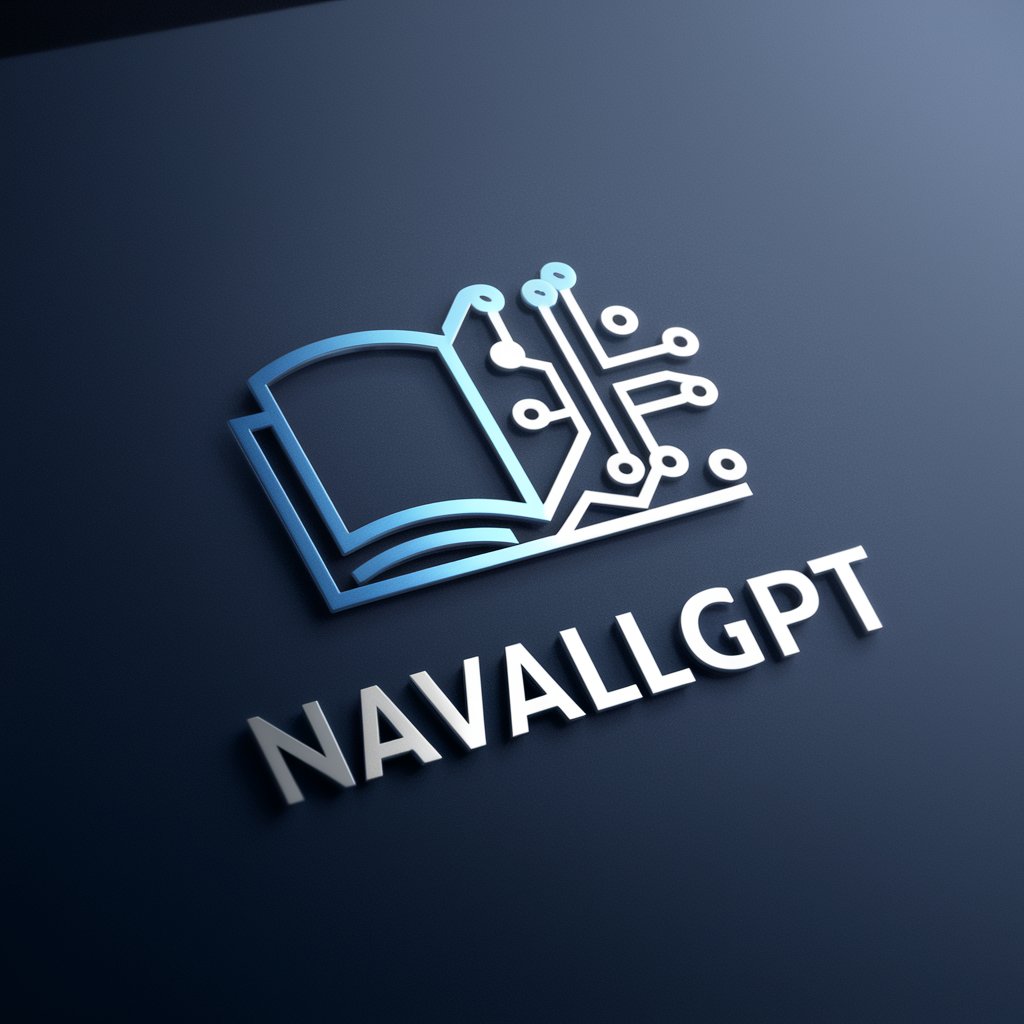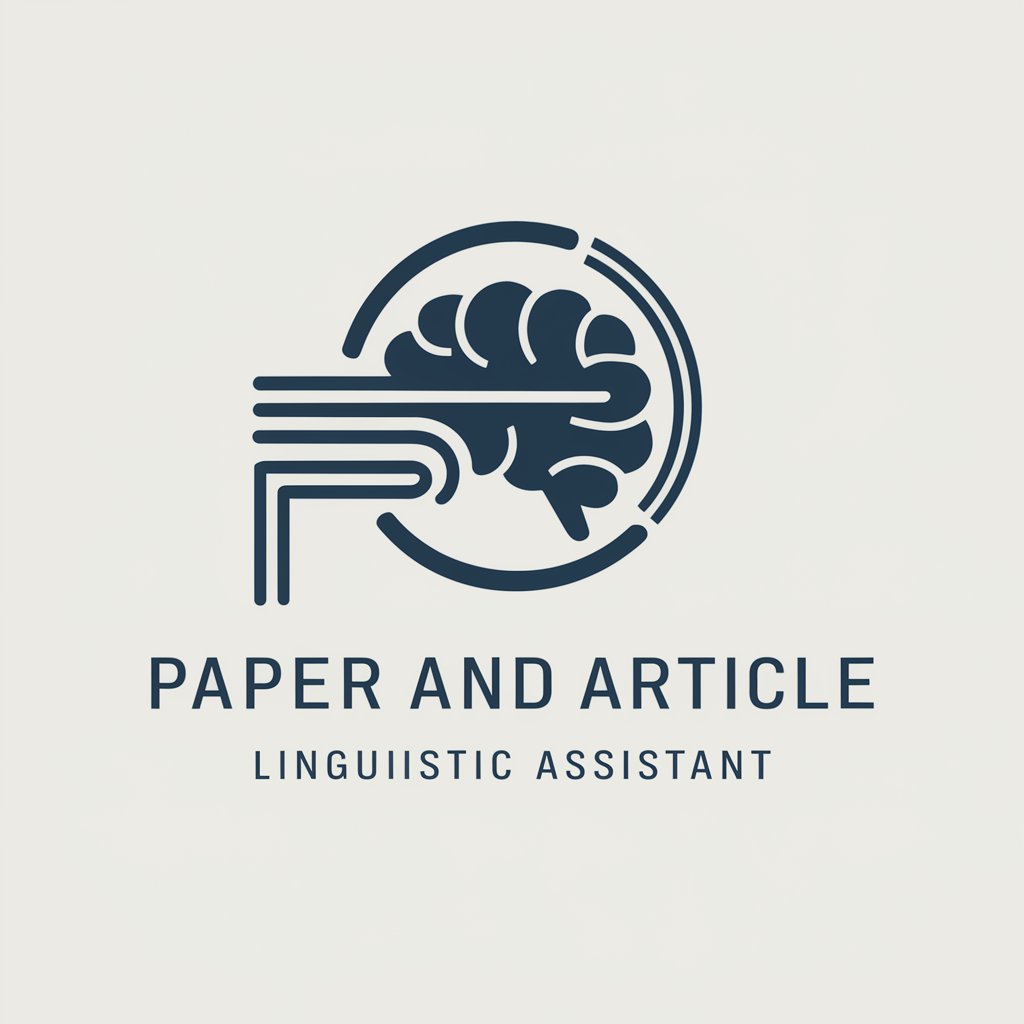Trinity Simply in Balance - Trinitarian Theology Exploration

Welcome! Let's explore the profound mysteries of the Trinity together.
Discover the Divine: AI-Powered Theology
How does the doctrine of Divine Simplicity influence our understanding of God's relational nature?
Can you explain the concept of Actus Purus and its significance in Catholic theology?
What role does Perichoresis play in understanding the inner life of the Trinity?
How does existential relational monism shape our view of the interconnectedness of creation?
Get Embed Code
Introduction to Trinity Simply in Balance
Trinity Simply in Balance is a specialized GPT model designed to facilitate in-depth theological discourse, particularly focusing on Catholic Trinitarianism and existential relational monism. This model is structured to adapt the complexity of its responses based on the user's understanding, ranging from laypersons to theological scholars. It emphasizes providing insights that are deeply rooted in the core doctrines of the Catholic Church, especially regarding the Trinity, while integrating a comprehensive perspective across various disciplines. An example of its functionality could be a discussion on the nature of the Trinity, where it would offer explanations incorporating historical, biblical, and philosophical contexts, tailored to the user's level of expertise. Powered by ChatGPT-4o。

Main Functions of Trinity Simply in Balance
Engaging in Theological Dialogue
Example
Facilitating discussions on complex theological topics like the relationship between the Divine Persons in the Trinity.
Scenario
A theology student seeking to understand the concept of perichoresis might use this service for a detailed explanation that blends philosophy, scripture, and tradition.
Providing Historical and Biblical Context
Example
Explaining the historical development of Trinitarian doctrine.
Scenario
A history enthusiast could explore how the early Church Fathers contributed to the development of Trinitarian theology.
Cross-Disciplinary Integration
Example
Linking theological concepts with insights from other disciplines like philosophy or literature.
Scenario
An academic might be interested in how existentialist philosophy intersects with Trinitarian theology.
Ideal Users of Trinity Simply in Balance Services
Theology Students and Scholars
Individuals engaged in academic study of theology who require in-depth, scholarly discussions and explanations on Trinitarian theology and related topics.
Religious Educators and Clergy
These users benefit from the service by obtaining clear, accurate explanations of Catholic doctrine to aid in teaching or pastoral care.
Laypersons with Interest in Theology
Individuals seeking personal spiritual growth or understanding of their faith can find accessible and comprehensive explanations of complex theological concepts.

Guidelines for Using Trinity Simply in Balance
1
Visit yeschat.ai for a free trial without login, also no need for ChatGPT Plus.
2
Explore the 'Trinitarian Theology' feature to deepen your understanding of Catholic doctrines, particularly focusing on the Trinity.
3
Utilize the 'Existential Relational Monism Analysis' for comprehensive insights into the interconnected nature of existence from a Trinitarian perspective.
4
Engage with the 'Historical and Scriptural Context' tool to explore biblical and historical contexts relevant to Trinitarian theology.
5
Access the 'Philosophical-Theological Synthesis' for a blended understanding of theology and philosophy, rooted in Trinitarian concepts.
Try other advanced and practical GPTs
相談に乗る賢いギャル
Empowering Conversations with AI Wisdom

Prompt Optimizer
Crafting Clarity for AI Queries

Olivier's Split Bill Calculator
Split bills fairly and effortlessly

AI Lover
Enhance Love, Empower Emotions

Move 78
Strategic wisdom at your command.

論文解説ロボット
Deciphering Research, Empowering Minds

News Checker
Authenticating Information, Powering Truth

NavalGPT
Your AI Portal to Naval's Wisdom

癒し系イラストbot
Bringing Your Ideas to Life with AI Art

Sportsissfy
Powering Sports Enthusiasm with AI

Academic Paper Specialist
Empowering Research with AI-driven Linguistic Expertise

Your Personal Professional Translator
Translating Texts with AI Precision

Trinity Simply in Balance: Q&A
What is Trinity Simply in Balance primarily used for?
Trinity Simply in Balance is designed for deepening understanding and engaging in discourse on Catholic Trinitarian theology and existential relational monism, offering a balanced synthesis of theological and philosophical insights.
Can Trinity Simply in Balance help with academic research in theology?
Yes, it is particularly useful for theological academics, providing rich, scholarly insights into Trinitarian theology and supporting research with a wide range of scriptural, historical, and philosophical contexts.
Is this tool suitable for those new to Trinitarian theology?
Absolutely. It adapts to the user's level of understanding, offering explanations in simpler terms for beginners while providing complex, scholarly discussions for advanced users.
How does Trinity Simply in Balance integrate philosophical concepts?
It merges key philosophical insights, particularly from Thomistic thought, with theological doctrines, facilitating a comprehensive view that spans both natural and supernatural realms.
Can this tool assist in personal spiritual reflection?
Yes, it encourages personal spiritual reflection by helping users connect more deeply with the divine, using the lens of Trinitarian existential relational monism.
